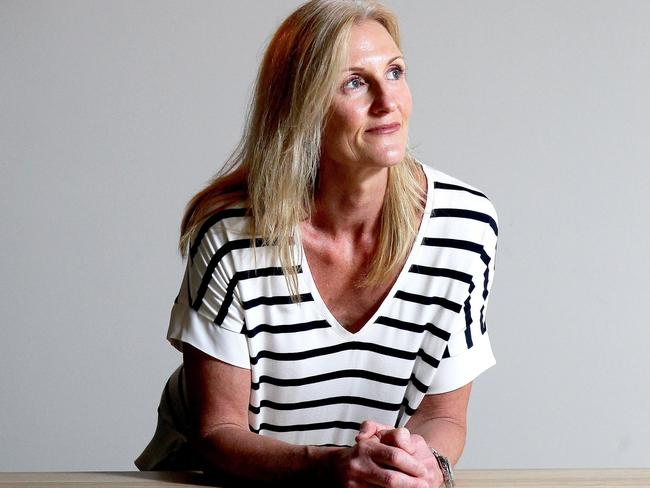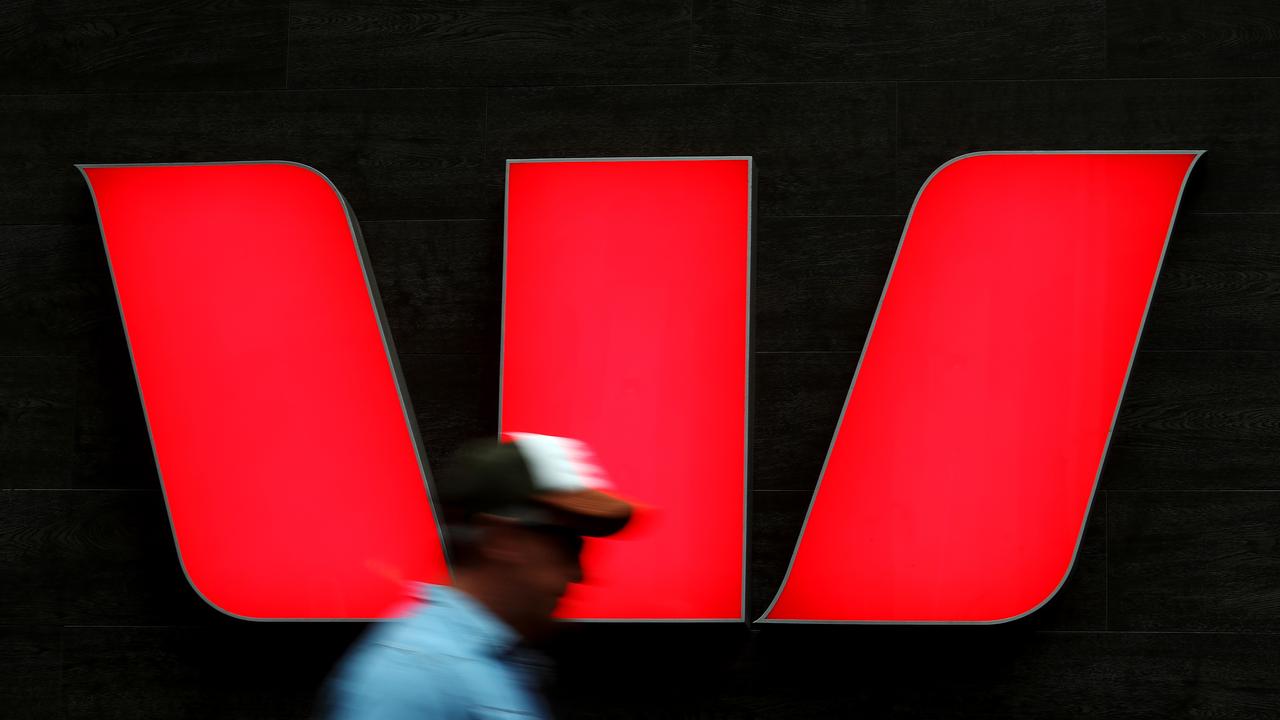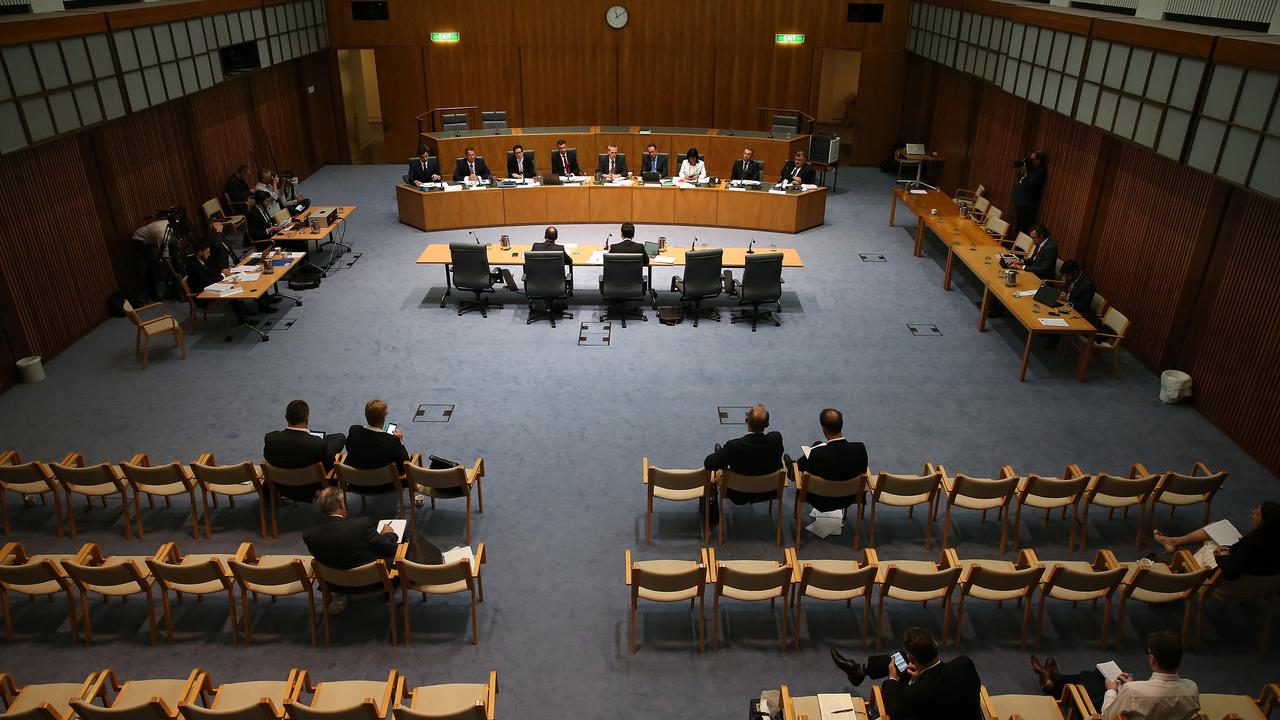Sue Hogan, Will Leitch and Sebastien Eckersley-Maslin on startups and investors
Matching investors with entrepreneurs is like online dating - a lot of people are doing it but only some get it right.

Since Malcolm Turnbull started talking up the industry last year, and followed up with an innovation statement, the field has become crowded as professional service, accountancy and legal firms, along with the banks, rush to get in early to “own” the sector. And with governments offering a variety of new funding models — such as equity crowd-funding — the need for experts to cut through the confusion has increased.
Brendan Lewis, who founded the Australian arm of entrepreneurship forum the Churchill Club, says every accounting and law firm now wants a start-up specialist in its ranks.
“I spoke to a partner in a law firm recently and asked him why he was getting into start-ups when there’s no money there. ‘Absolutely right,’ he said. ‘There’s no money there but they’re a honey trap for investors. We get to meet high-net-worth individuals by supporting the start-ups’.”
Wholesale Investor co-founder and chief executive Steve Torso believes many organisations are keen to get in at the right time to have an advantage when the start-up sector gets its big break. The accounting and legal firms put structures and legal frameworks in place because they know that when it comes time for a significant transaction — a large capital raising or an acquisition or an IPO — they’ll be favoured. But not everyone’s happy about the rise of the middle men and women.
“I’ve had phone calls from people who say they want to work with start-ups and help them by preparing them for capital raising and pitching to venture managers,” says Yasser El-Ansary, CEO of the Australian Venture Capital Association. “We would much prefer that those intermediaries don’t take a significant foothold in the segment because, at the end of the day, all that will happen is start-ups may end up paying someone in the middle when, ultimately, a lot of the VCs are very happy to offer guidance and mentoring advice to start-ups and entrepreneurs as they need it.”
See more stories from The Deal magazine
And Brendan Lewis worries about the surge in structures. He says that when the Victorian government launched its new innovation platform LaunchVic in Melbourne a few months back the room was packed. But many of those present were relative newcomers.
“I would say 75 per cent of the room were what you would call ‘intermediaries’,” says Lewis. “I would also call them rent-seekers. As more money comes into the system, especially government money, there’s an awful lot more rent-seekers. If the government really wants to support innovative businesses it should be supporting them directly, not via a plethora of advisers and intermediaries.”
Lewis’s view notwithstanding, the reality is that as the sector grows in status and scale, we are likely to see an increasing number of people involved in getting good ideas linked to funding and know-how in order to produce goods and services.
Already, there are skilled and experienced practitioners dedicated to putting together deals, some of whom focus on their role as “matchmakers” — matching start-ups with investors.
“I look very closely at the investor requirements and the business requirements so that the match isn’t just about funding but skills and networks as well. I think skills and networks are more important than funding actually,” says Christine Kaine, founder and CEO of Business Angels.
“I’ve got family offices and niche venture capital firms as clients, but also executives looking to operate in a smaller business environment. I have a lot of investors coming back looking for more business because I’m discreet.”
While Kaine goes down the traditional route of talking to both investors and entrepreneurs to find the perfect match, Torso’s Wholesale Investor uses a different approach.
“We have an email service that we provide,” he says. “We also have an online platform for investors to look through the different opportunities, and we host live events. Some companies seem to attract more interest online. Then there are others that are much more suited to live investor events where they get to hear directly from the CEO and ask more direct questions.”
The company has an investor base of 12,500, comprising a wide range of clients, from high-net-worth individuals and family offices to investment bankers.
“The majority of the companies we speak to get referred to us from our investor base or from the directors behind the companies. We’re interested to know the sector that the company operates in. If the sector is getting a lot of attention it makes it easier on our side to introduce the company to potential investors,” says Torso. “And then we look at who their clients are. If they’re a B2B company it’s interesting to us if they have brand-name clients. Or if they’re dealing with consumers, we want to understand what the growth rate is.”
Wholesale Investor also publishes company news announcements so investors can monitor their progress.
Business Angels takes 3 per cent off the top of capital raised as a result of its matchmaking service, while Wholesale Investor charges early-stage companies a flat fee of between $9000 and $16,000 for the email promotions, live events, and website exposure. Investors register free on the website.
Other matchmakers in the market offer to match start-ups with more than just investors.
“We also connect start-ups with customers and that’s probably more important,” says BlueChilli CEO Sebastien Eckersley-Maslin. “Start-ups want customers more than investor capital because customer capital is cheaper.”
BlueChilli works with corporate partners such as Westpac and Australia Post to identify problems companies need solved and then starts a campaign to find start-ups that fit the bill.
“In our recent expansion into Queensland we partnered with the Queensland Chamber of Commerce which has 400,000 members. We surveyed them to see what problems they’re having, such as customer loyalty or payroll difficulties, and now we’re looking for 10 start-ups that can best solve those problems.”
Once BlueChilli has identified start-ups to work with, it provides them with seed capital and places them into one of its acceleration programs.
“We have 300 high-net-worth individuals who we connect and pair into the start-ups. That’s done in one of three ways: firstly through our VC funds; secondly through direct placement with our start-ups in the angel round; and thirdly as part of seed syndicates we create around these corporate opportunities.”
The acceleration program is very competitive, Eckersley-Maslin says, with only one company chosen to join for every 100 applications received.
BlueChilli makes its profit “from a capital return in the future as well as from providing services to corporates”.
“Corporates engage us and pay us to be able to provide strategic advice and direction and to be able to run the campaigns to enable start-ups to leverage their distribution channels. That’s a fee-for-service part. Effectively we’re licensing our IP to corporates, and that’s where we make our margins. We don’t make profit on the start-ups.”
Equity-based crowd-funding is another way for early-stage companies to get access to cash and for retail investors to participate in the innovation boom. Used widely in the US and Britain, it allows a large number of investors to invest small amounts of money, and could take off in Australia thanks to proposed legislation released as part of the federal government’s innovation package. There are a small number of players in the market, including the Australian Small Scale Offerings Board (ASSOB), although the Corporations Act limits its operation.

“Companies come to our platform to have broader access to capital raising options, to the types of capital raises that traditionally would have had to go through the institutional and wholesale network,” founder Will Leitch says.
Over the past few months ASSOB has seen a marked increase in companies looking to list, but Leitch says ultimately it’s guided by what investors are prepared to invest in.
“We go through an in-depth review process and analysis. Only if we believe there is a capacity for investors to want to invest in them will we put them up on the platform. There’s no point spending a lot of time and money and finding there are no investors on the other side.”
ASSOB has raised more than $145 million for 300 early-stage companies and charges a percentage fee on the capital raised. Leitch says the new legislation “will have a huge impact because it will shine a light on a sector of the economy that needs help”.
Aside from the few formal matchmaking services, most contact between investors and start-ups is made through more informal networks. Networking allows investors to offer counsel, guidance and coaching to entrepreneurs without entering into a formal financial relationship.
Networking group Innovation Bay is one such company connecting start-ups with investors through events. Since it was founded in 2003, the not-for-profit has helped technology-focused start-ups raise more than $10 million in seed capital thanks to quarterly dinner events with angel investors and business mentors. Entrepreneurs submit a pitch to Innovation Bay and eventually the list is whittled down to the five successful start-ups that get to pitch at the dinners.

“We don’t invest in the companies,” says Innovation Bay general manager Sue Hogan. “We simply provide a platform for angels and entrepreneurs to network and get together, exposing the angels to a new business idea and maybe even an investment.”
In a bid to better support female founders, Innovation Bay has recently introduced the “women’s wildcard initiative”, guaranteeing at least one start-up with a female founder will get to pitch at each dinner. Hogan says after testing the initiative in Sydney and Melbourne, it will be rolled out nationally this year.
AVCAL’s El-Ansary says he is seeing much more interest in networking events connecting start-ups with venture capital.
“It’s not necessarily focused on building a one-on-one commercial relationship around a VC investing in the start-up,” he says. “It’s more about having a dialogue and building a network of contacts. I think it’s a smart way for the ecosystem to grow, rather than having a whole bunch of people in the middle who are motivated by financial outcomes.”




Suddenly, it seems as if anyone who is not looking for start-up money is looking for a start-up specialist — someone who can point them to that innovation pot of gold.